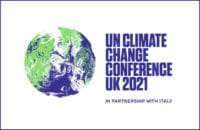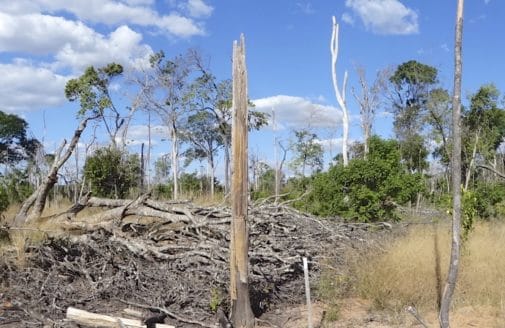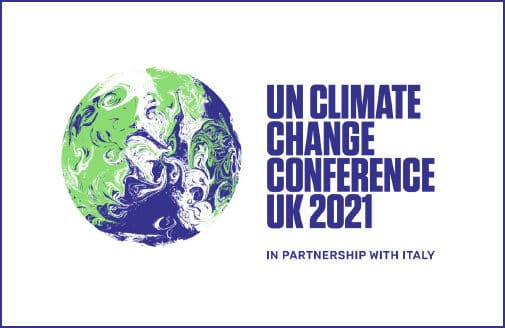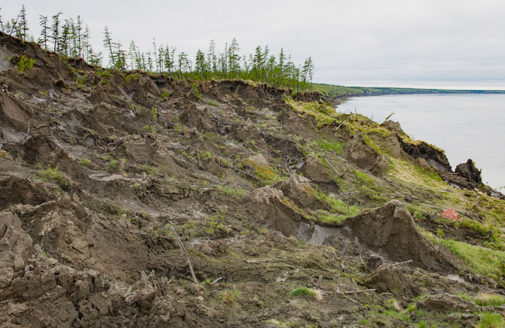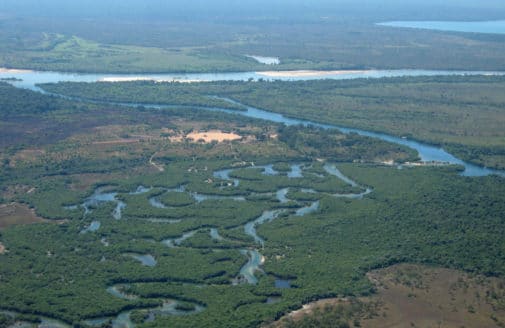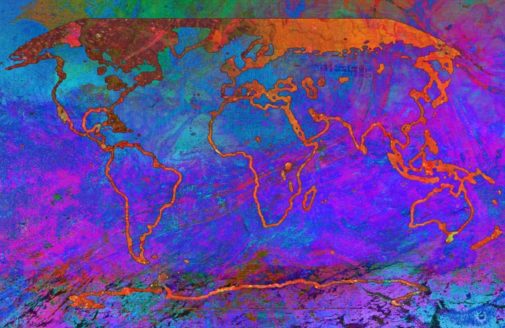Team
- Susan M. Natali Senior Scientist
- Michael T. Coe Tropics Program Director, Senior Scientist
- Glenn K. Bush Associate Scientist
- Rachael Treharne Research Scientist, Senior Campaigner
- Beth Brazil Senior Director of Foundation & Corporate Partnerships
- Dave McGlinchey Chief of Government Relations
- Natalie Baillargeon Senior Policy Analyst
- Anneka Williams Government Relations Fellow
Woodwell Climate Research Center is uniquely dedicated to climate science pursued in partnership with stakeholders and decision-makers to produce maximum societal benefit. Our renowned researchers investigate how human activities are affecting the flow of carbon and water—key climate factors—through some of the world’s most critical ecosystems, from the Arctic to the tropics. Together with our global network of partners, we generate novel insights into the risks we face, and the just, effective solutions we can develop.
Our COP26 delegation is working to ensure that the world’s leaders recognize the full magnitude of current climate risks and respond with more ambitious, science-based targets and strategies.
Recognizing Risk
The impacts of climate change are here and now; they are already material and will only continue to worsen as atmospheric carbon levels rise. Understanding the socioeconomic and geopolitical risks of climate change is critical to informing both mitigation and adaptation efforts, yet decision-makers face obstacles in accessing relevant risk assessments. We’re working with the COP26 Presidency to identify and overcome those obstacles, and enable more ambitious policies and practices.
People in Glasgow
David McGlinchey, Chief of External Affairs
Natalie Baillargeon, External Affairs Coordinator
Anneka Williams, External Affairs Intern
Raising Ambition
Frozen Arctic ground, termed permafrost, presents the greatest under-recognized challenge to climate change mitigation. As the Arctic warms, permafrost thaws and the vast stores of carbon it contains become vulnerable to decomposition and release in the form of greenhouse gases. This process threatens the success of international efforts to limit rising atmospheric carbon levels and resulting warming. Yet, due to the challenges associated with monitoring and predicting the timing, magnitude, and form of permafrost thaw emissions, this critically important feedback has been largely left out of carbon budgets and climate policy. We’re working to ensure permafrost thaw emissions are tracked and accounted for.
People in Glasgow
Dr. Sue Natali, Arctic Program Director
Dr. Rachael Treharne, Postdoctoral Researcher
Darcy Peter, Research Assistant
Additional Experts
Dr. Brendan Rogers, Associate Scientist
Realizing Solutions
Tropical forests act like air conditioners for the planet – producing rain, providing shade and habitat, and trapping and storing nearly a fifth of human greenhouse gas emissions. Protecting standing forests is an essential, immediately effective, but under-utilized natural climate solution. With our network of on-the-ground partners in Brazil, we’re developing and deploying evidence-based strategies to incentivize forest conservation in agricultural landscapes, while also working with partners in the financial world to improve the accountability and transparency of carbon markets and rapidly scale up finance for forest protection.
People in Glasgow
Dr. Michael Coe, Tropics Program Director
Dr. Glenn Bush, Assistant Scientist
Dr. Susan Natali, Arctic Program Director
Additional Experts
Dr. Marcia Macedo, Water Program Director
Dr. Wayne Walker, Carbon Program Director
Dr. Jon Sanderman, Senior Scientist
To speak with a Woodwell Climate expert, please contact Natalie Boyle <natalie@ninetywest.com>.
To learn more about supporting this work, please contact Beth Brazil <bbrazil@woodwellclimate.org>.






